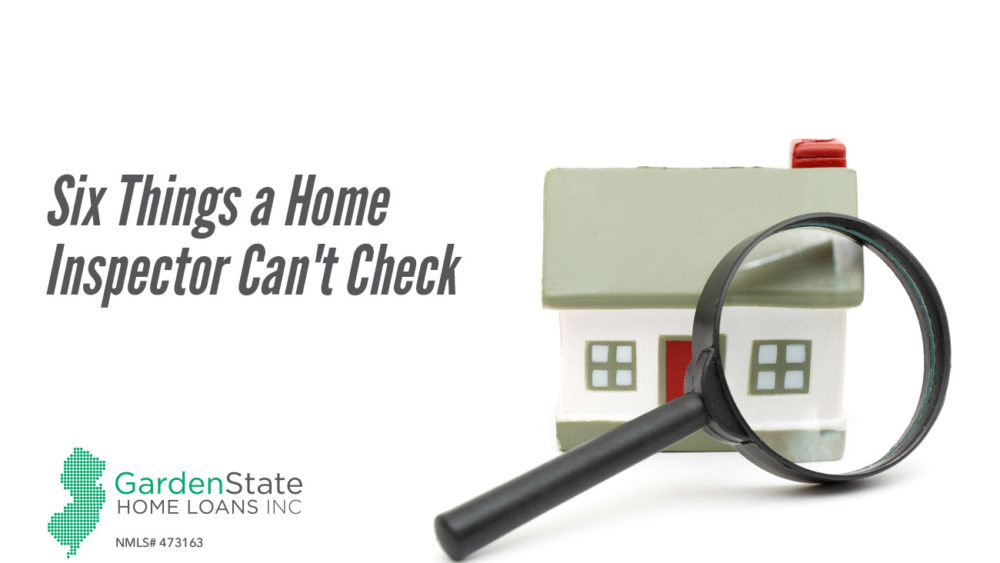What a home inspector can’t check
Before you purchase a home, a home inspection is a necessary step to make sure your home is in tip-top shape. However, not everything that should be checked can be done by a home inspector. Here are the top things that you’ll need to get another professional to check to ensure your home is great shape.
-
Electrical outlets behind heavy furniture
While you won’t have to get another professional to come check this out, but a home inspector won’t move any furniture to look behind them. Before your inspector comes out, make sure any furniture is moved to the side so that everything can be checked.
-
Fireplace and chimney
A home inspector will take a basic look at your chimney, opening and shutting your dampers to make sure that they work and look for any obstructions with a flashlight. A fireplace inspector can do two different types of inspections. A level one inspection will look for soot and creosote buildup, which can start chimney fires. A level two inspection is for any home that has experienced any major storms or earthquakes. The inspection looks at your roof, attic, and crawl space to look for any damage.
-
Roof
A home inspector will get onto your roof to check for any missing or warped shingles and to make sure that the gutters are in good shape. However, if your roof is over three stories or is too steep, you’ll need to hire a specialized roof inspector. If the roof is still too steep for them, they can perform an infrared inspection. The inspection looks for temperature differences along your roof to determine if, and where, the heat is escaping.
-
Ground beneath your home
If you’re worried about the land underneath your home, hire a geotechnical engineer or a structural engineer. They test the soil for multiple problems, such as whether the ground shifts, tilts, has sinkholes, or has a high-water table.
-
Swimming pool
A normal home inspection will turn on pool pumps and heaters to make sure they function correctly. If you are worried about the structure of your swimming pool, call in a professional pool inspector. They will evaluate cracks and dents in the pool and run pressure tests to search for plumbing leaks.
-
Well and septic system
A home inspector might look into your well and septic system if you are in an area where they are common. If not, hire a well inspector and a septic system inspector. A well inspector will look for traces coliform, arsenic, and other bacteria from water samples. They will also ensure that well parts have been well maintained. A septic system inspector checks the tanks, baffles, and piping of your tank. They will also use a camera to check on the concrete conditions inside of the septic tank. Finally, a septic inspector will make sure that wastewater is going into the tank and not leaking up to the surface.


Comments are closed.